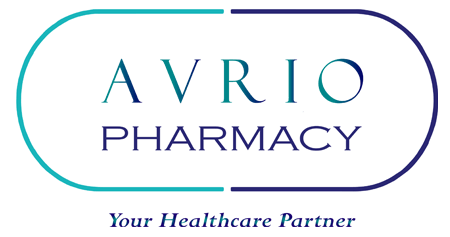Vitamins are the organic compounds which are required by our bodies in very small amounts to maintain health, growth and nutrition. Although they are not required to build cells or used as an energy source, they act as catalysts in various biological process. To discuss a few of these complex organic molecules, we have compiled an interesting list of Vitamins from their B and K family, they are:
- Thiamine (Vitamin B1): Vitamin B1 is an important component of our daily diet, found in foods such as bean, meat, yeast and cereals, it helps us to stay fit and keep our stomach healthy.
Importance:
- Helps to maintain digestive system
- Promotes health of nervous system, hair, eyes, liver, mouth and skin
- Known as the anti-stress vitamin, it helps to withstand stress
Uses:
- Balanced intake of this vitamin may prevent cataracts
- Helps to correct metabolic disorders related to genetic diseases
- Helps to treat Thiamine deficiency
- Niacin (Vitamin B3): Vitamin B3 is an essential water soluble vitamin which is found in foods such as tuna fish, seeds, meats and mushrooms.
Importance:
- Helps to maintain cardiovascular system and metabolism
- Helps to form and maintain healthy skin
- Promotes healthy brain functionality
Uses:
- Can help lower cholesterol levels
- Balanced intake of this vitamin may prevent diabetes
- May lower the risk of Alzheimer’s disease
- Riboflavin (Vitamin B2): Another very important vitamin, the role of Vitamin B2 in our bodies is to act as an antioxidant. It is found in a variety of foods such as eggs, nuts, milk, green vegetables and meat.
Importance:
- Maintain healthy blood cells
- Facilitates a healthy metabolism
- Contributes to early growth
Use:
- Helps support eye and skin health
- Can reduce migraine occurrence and intensity
- Helps to prevent conditions related to Riboflavin deficiency
- Pantothenic Acid (Vitamin B5): Vitamin B5 is a water soluble vitamin which is found in all the living cells within our bodies. It is found in foods such as eggs, meat, milk, legumes and cereal grains.
Importance:
- Converts nutrients from food to energy
- Balances blood sugar
- Supports proper functioning of all organs
Use:
- Can help lower high blood pressure
- May help to eliminate the risk of heart failure
- Supports healthy cholesterol levels
- Vitamin K: Vitamin K is a group of a couple of vitamins, namely, Vitamin K1 and Vitamin K2 where Vitamin K1 is found in leafy green vegetables and Vitamin K2 is found in meat, eggs and cheese.
Importance:
- Improves the health of bones
- Plays a vital role in blood clotting
- Helps to heal wounds
Use:
- Helps to prevent bleeding problems
- Helps to prevent Vitamin K-dependent clotting factors deficiency (VKCFD)

